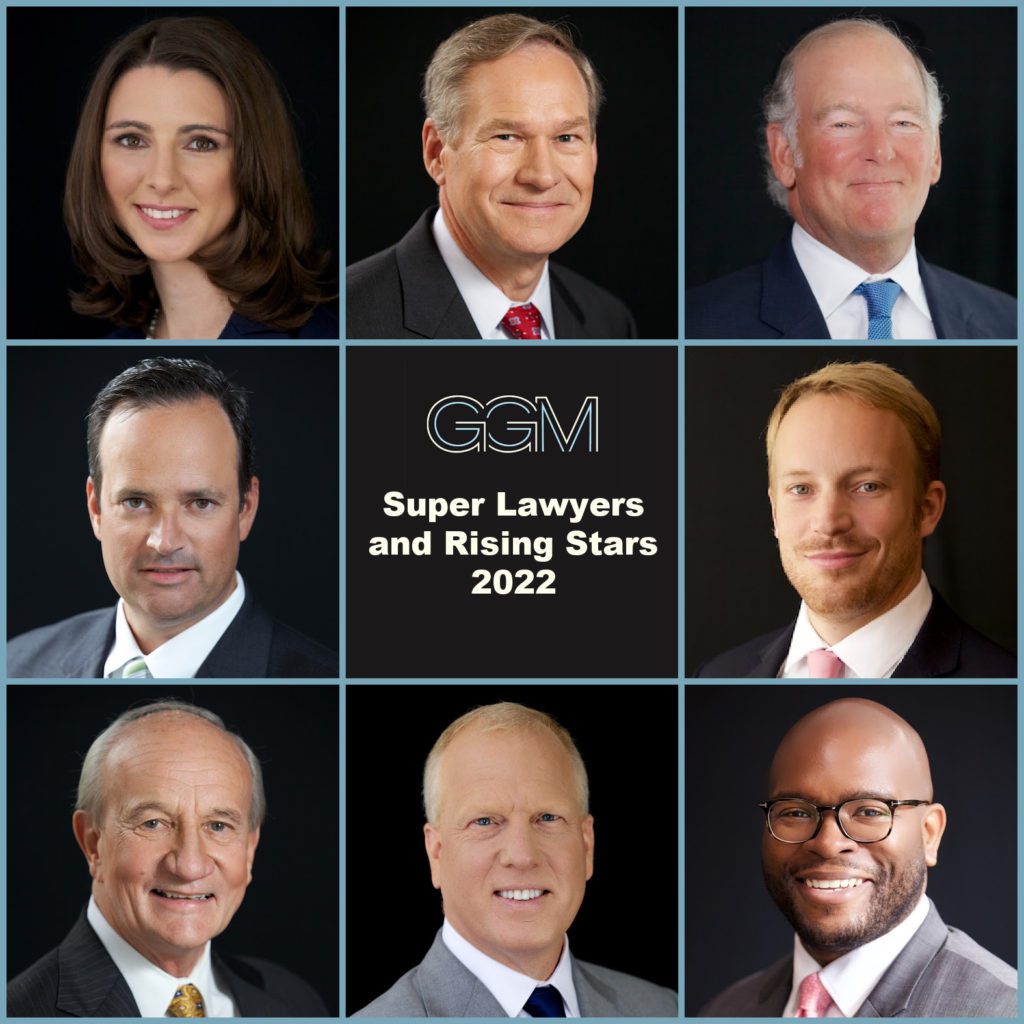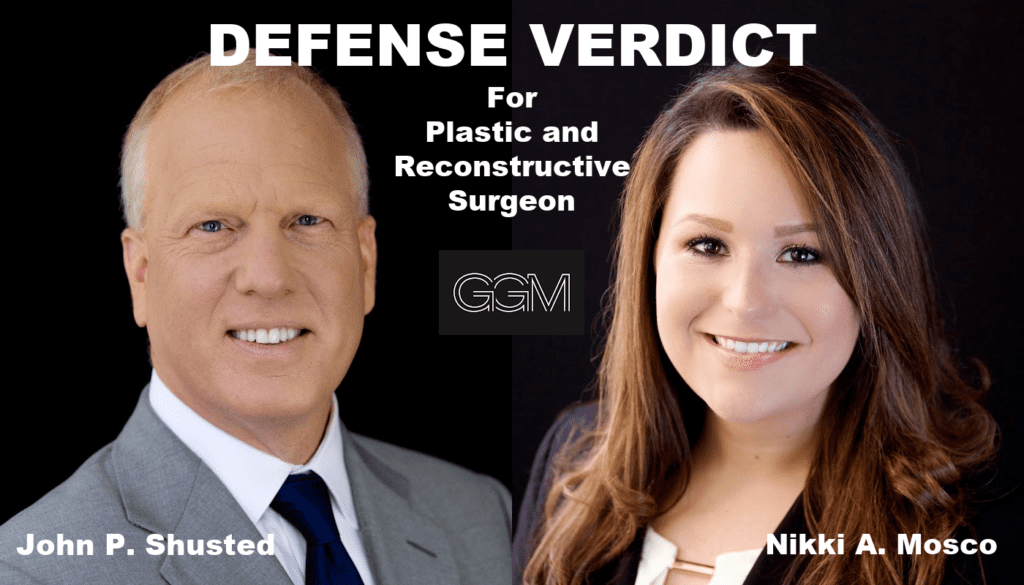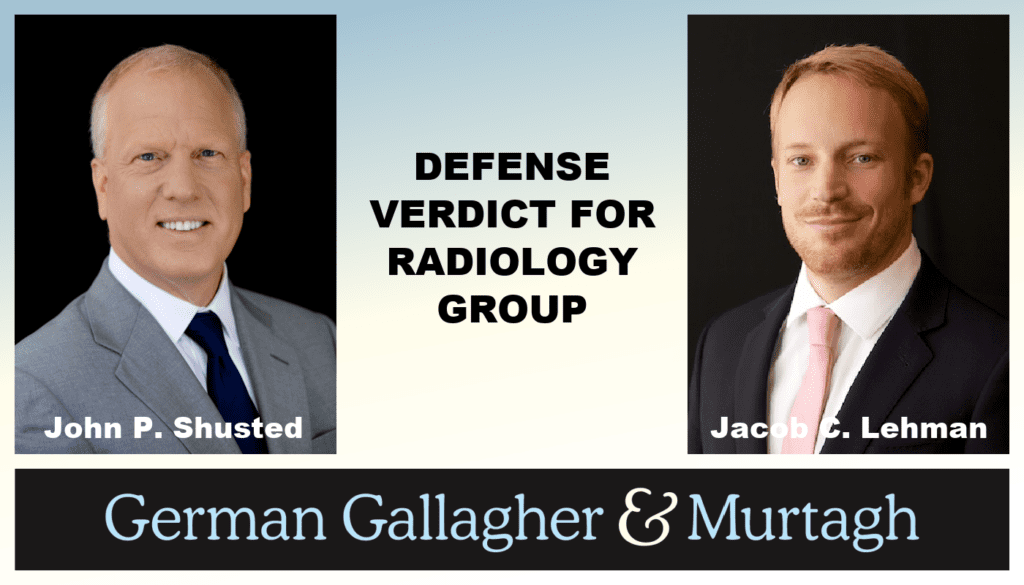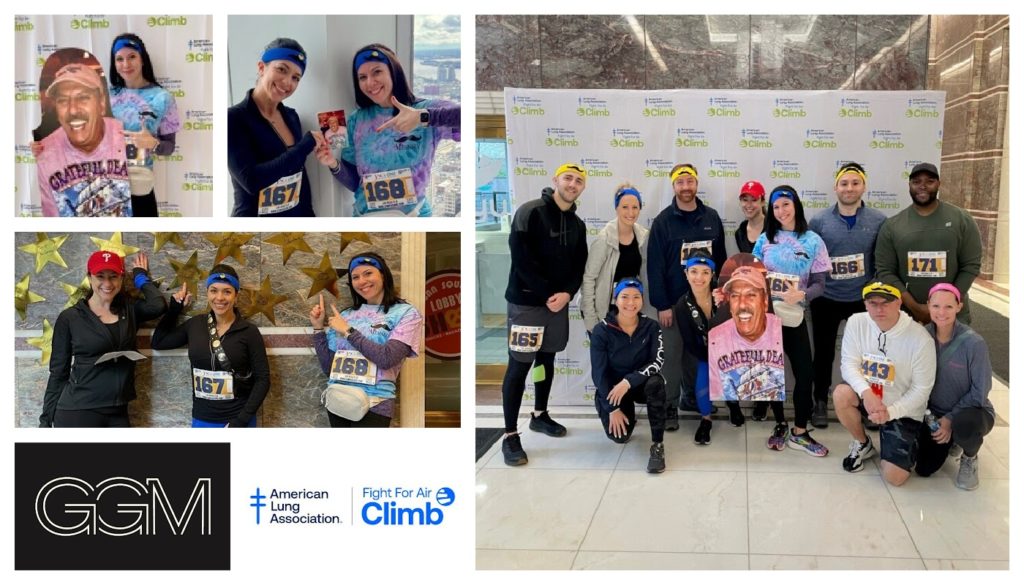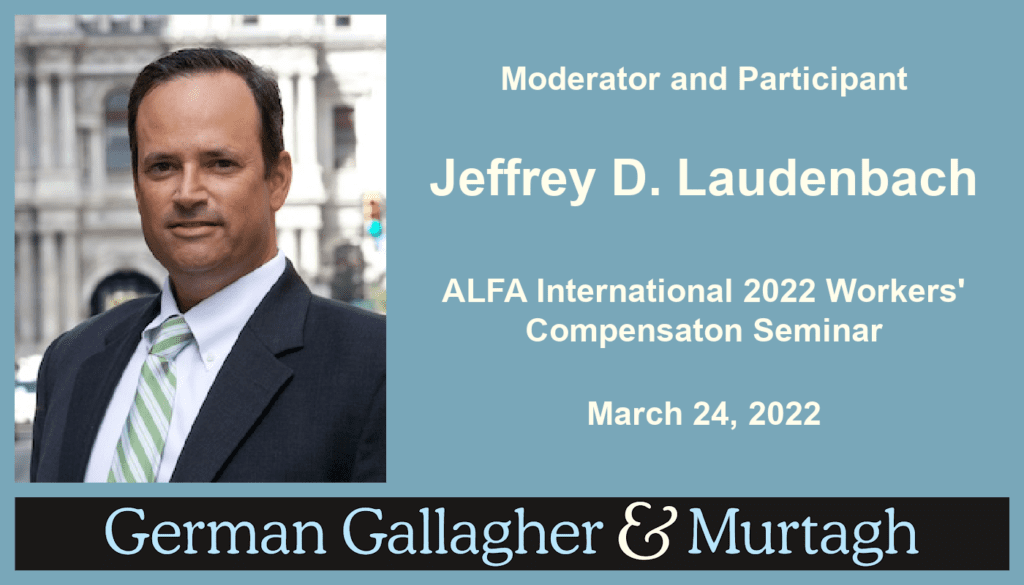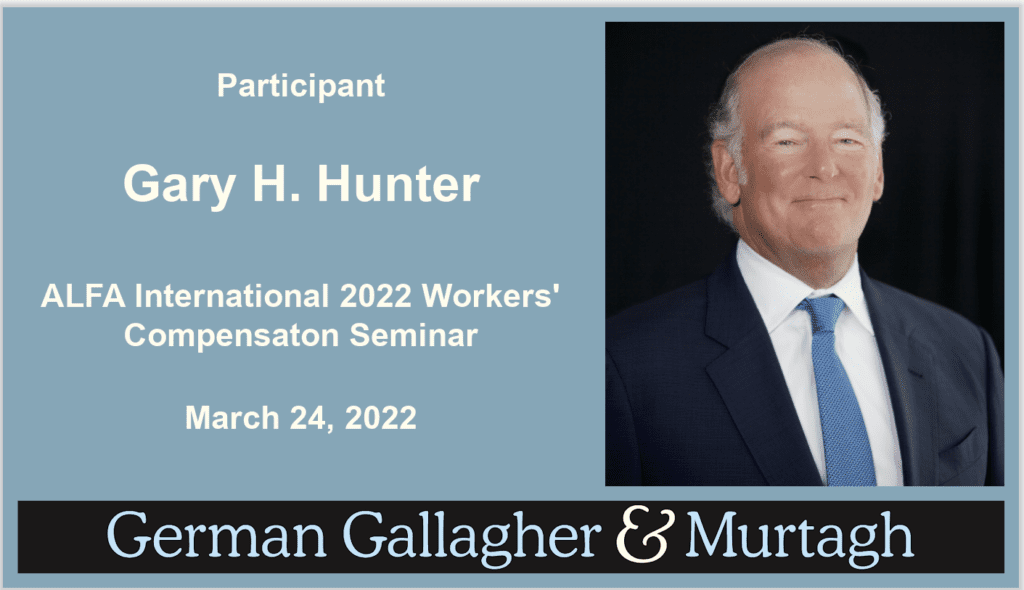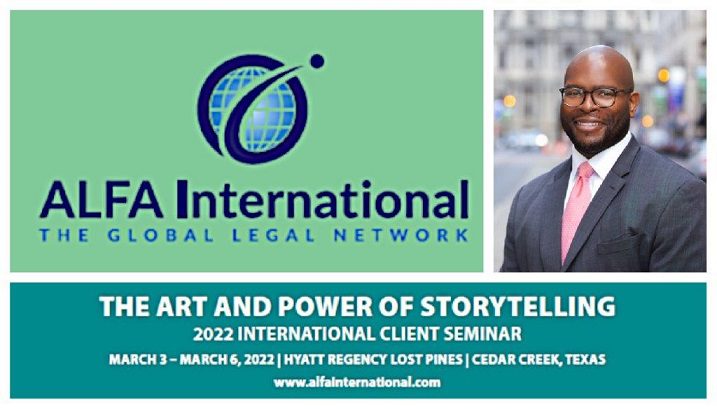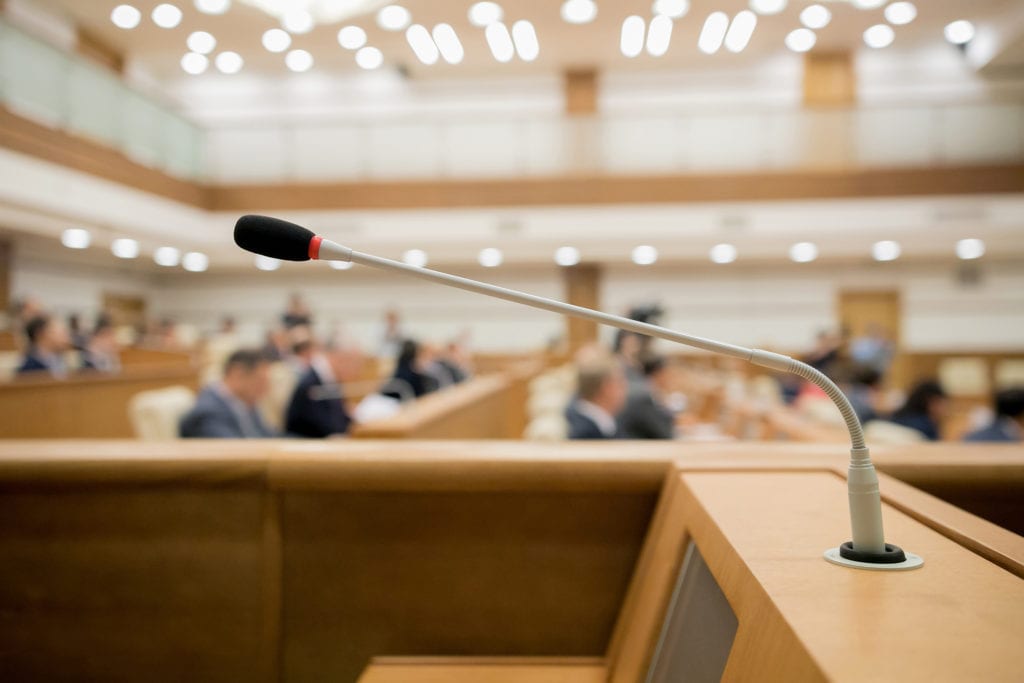
Newsroom
GGM Announces 2022 Super Lawyers and Rising Stars
GGM is pleased to announce that Dean F. Murtagh, Gary R. Gremminger, John P. Shusted, Gary H. Hunter, and Jeffrey D. Laudenbach have been named Pennsylvania Super Lawyers, and Jacqueline E. Campbell, Jacob C. Lehman, and Andre J. Webb have been named Rising Stars for 2022.
A Thomson Reuters business, Super Lawyers is a rating service of lawyers from more than 70 practice areas who have attained a high degree of peer recognition and professional achievement. Each year, no more than five percent of the lawyers in the state are selected for this honor. The selection process is multi-phased and includes independent research, peer nominations, and peer evaluations.
GGM Attends the 91st Radnor Hunt Races
Our GGM family came together for the 91st Radnor Hunt Races, benefiting the open space and clean water programs at Brandywine Conservancy.
Defense Verdict for Plastic and Reconstructive Surgeon and Plastic and Cosmetic Surgery Practice
On April 14, 2022, Jack Shusted and Nikki Mosco obtained a unanimous defense verdict on behalf of their clients, a plastic and reconstructive surgeon and a plastic and cosmetic surgery practice, after a four-day trial in Northampton County Court of Common Pleas in Easton, Pennsylvania.
The trial centered on Plaintiff’s allegations that the surgeon lacerated the Plaintiff’s spleen during an abdominoplasty and liposuction procedure. The defense maintained that the Plaintiff suffered an unfortunate complication in the form of splenic bleeding which could not be tied radiographically or otherwise with faulty surgical technique on the part of the surgeon but rather, the injury was likely due to a spontaneous splenic rupture secondary to blood thinner medication. Mr. Shusted and Ms. Mosco were able to demonstrate that the surgeon’s surgical technique, intraoperative and postoperative care of the Plaintiff was appropriate and met all standards of plastic surgery care and that no action or inaction on the surgeon’s part caused the Plaintiff’s injury.
Gary R. Gremminger named Best Law Firm Mentor 2022
German Gallagher & Murtagh is pleased to announce that Gary R Gremminger has been named one of the Pennsylvania Legal Awards 2022 Best Law Firm Mentors. Each year, The Legal Intelligencer recognizes lawyers across Pennsylvania who have worked tirelessly in their professional, personal and civic lives to improve the legal landscape and the future of others.
This year’s Pennsylvania Legal Awards winners will be honored at an award dinner and reception set for June 29, 2022.
Defense Verdict for Radiology Group
On April 1, 2022, Jack Shusted and Jacob Lehman obtained a defense verdict on behalf of their clients, two radiologists and a radiology practice after a week of trial in the United States District Court for the Eastern District of Pennsylvania.
The trial centered on allegations that the two physician defendants had missed signs of a cancer recurrence in CT studies they read 3-4 years before a Stage IV recurrence was discovered. Mr. Shusted and Mr. Lehman were able to demonstrate that the physicians met the standard of care in all respects and that no action or inaction on their part increased the Plaintiff’s risk of harm. The jury found that both physicians met the standard of care in their practice. The demand prior to trial was $3 million dollars.
German Gallagher & Murtagh participates in the American Lung Association’s Fight For Air Climb
German Gallagher & Murtagh participated in the American Lung Association’s Fight For Air Climb. Team members were Attorneys Matthew McColgan, Yana Shapiro, Marni Stahl, Brian Sumner & Andre Webb.
Jeffrey D. Laudenbach will moderate and present at the ALFA International 2022 Workers’ Compensation Seminar.
Jeffrey D. Laudenbach will speak at the ALFA International 2022 Workers’ Compensation Seminar on March 24, 2022. He will moderate a session entitled “COVID-19 Unplugged” and will participate in a roundtable discussion entitled “COVID-19 Best Practices.”
Gary H. Hunter will present at the ALFA International 2022 Workers’ Compensation Seminar.
Gary H. Hunter will speak at the ALFA International 2022 Workers’ Compensation Seminar on March 24, 2022. He will participate in a session entitled “The Evolution of Medicare Compliance and Its Associated Spectrum of Risk.”
More Details Emerge on Workers’ Compensation Court Reopenings in PA and NJ
Although both Pennsylvania and New Jersey have recently loosened their COVID-19 restrictions, the states are taking slightly different paths toward opening their workers’ compensation courts. Courts are continuing to take tentative steps towards full normalization of in-person hearings and other events.
In Pennsylvania, Director Joseph DeRita issued updated guidance on March 2, 2022. That guidance document confirmed that masks are encouraged but no longer required in Commonwealth buildings. The decision to hold in person events such as hearings with testimony or mediations was left largely up to the individual Judge’s discretion. Non-testimonial hearings are encouraged to continue to be held via video conference.
However, where testimony on a contested matter is expected, Judges will have discretion to schedule an in-person hearing where all parties are expected to attend. Parties that object to the decision of the Judge can submit a miscellaneous request via WCAIS stating their reasons for desiring a different form of hearing, either in person or remote. Mediations may also be scheduled in-person at the discretion of the Judge.
In New Jersey, Director and Chief Judge Russell Wojtenko, Jr. issued a memorandum on February 14, 2022 allowing greater leeway in holding in-person hearings at the discretion of individual workers’ compensation Judges. Several Judges have issued their own memorandums outlining their expectations going forward. Most of the Judges in New Jersey who have made their views known have now moved to the default of holding all testimonial hearings in person. This includes settlement hearings, which had typically been done via an affidavit of the Petitioner in lieu of live testimony during the pandemic. This is no longer the default and the courts have gone back the pre-pandemic norm of requiring live testimony and only allowing settlement via affidavit upon a showing of good cause.
As there is a great deal of discretion allowed for in both States’ rules, the transition to regular live hearings may take some time. German Gallagher & Murtagh attorneys expect to move forward with more in-person hearings in the coming months, especially where witness credibility is at stake. Routine and unopposed hearings will likely continue to be held remotely for the next several months. Changes to court procedures are fast-moving and GGM will work to keep clients and the public updated on changes that occur.
Andre J. Webb to present at ALFA International’s 2022 International Client Seminar
This week, partner Andre J. Webb will present in “The Final Act: Closing Argument: Ethos & Ethics” at ALFA International’s 2022 International Client Seminar in Cedar Creek, Texas. The theme of this year’s ICS is The Art and Power of Storytelling. Read more about the presentation below.
“The Final Act: Closing Argument: Ethos & Ethics”
As advocates and counselors, whether we are closing deals or making closing arguments, our job is to persuade clients, mediators, courts, and opposing attorneys and parties. One key to persuasion, according to Aristotle, is Ethos, which means demonstrating character and credibility, or “appealing to ethics.” But surprise, surprise, some stories are lies. Some lawyers can seem credible – and appeal to ethics – even though they (or their clients or experts) are making stuff up. Is that OK? Is it actually part of our job? And whether it is or not, what is the best way to respond? Please help our panel grapple with the enigma of Ethos and ethics in some real- world scenarios.


